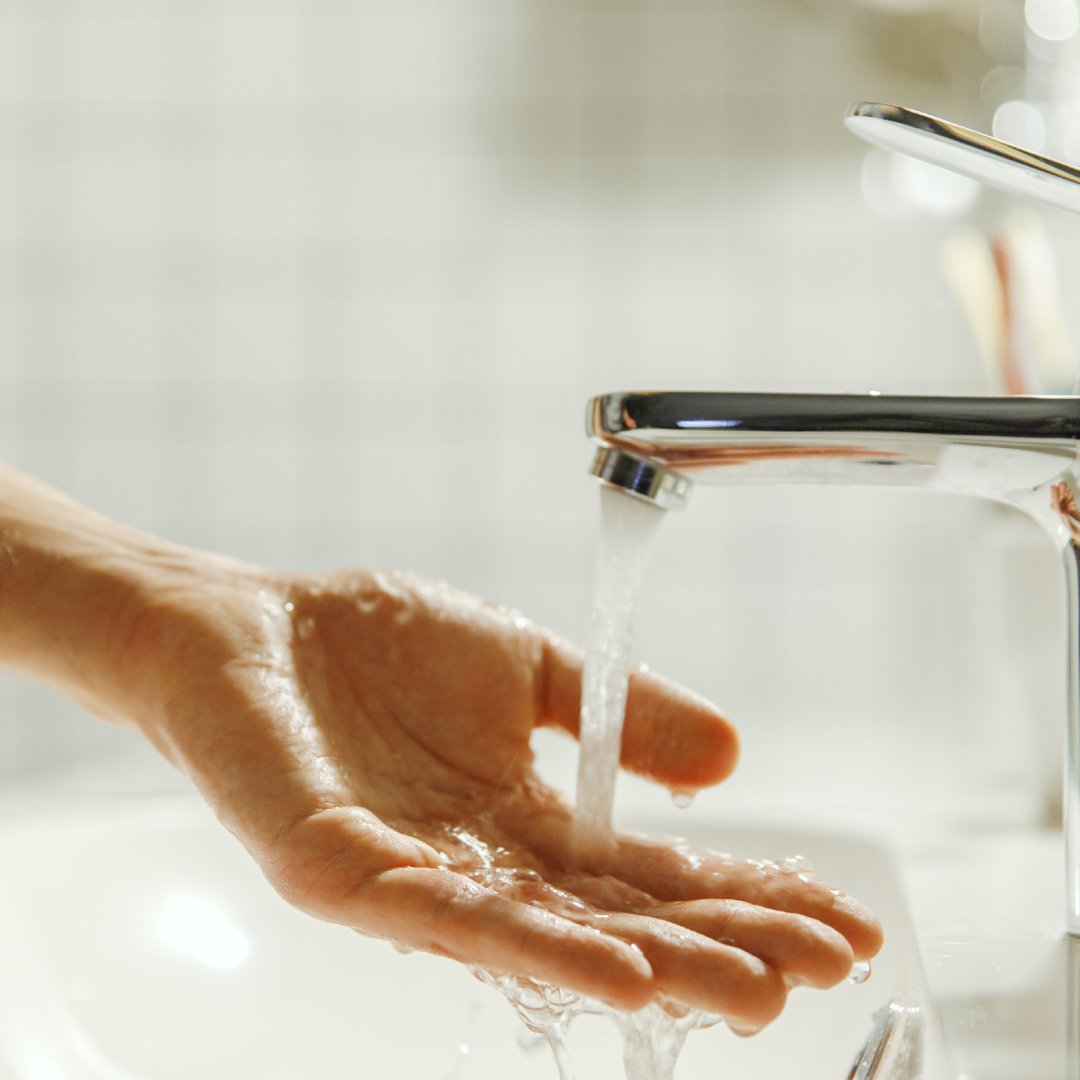You may often hear people talk about hard and soft water, but what do these terms actually mean, and how does water hardness affect the water you use daily? Understanding the differences between hard and soft water can help you understand this essential part of life and decide which is better for your needs.
Mineral Content
Hard water contains a high concentration of minerals, particularly calcium and magnesium. Our water naturally picks up these minerals as it flows through soil or rock formations. The most common way to see if you have hard water is by looking for white specks or flakes on your faucet or other areas where water splashes, as these are the calcified remains of leftover minerals.
Soft water has a much lower concentration of these minerals and contains sodium ions. Some people use ion exchange water softeners to remove hard minerals from their water. Soft water has a smoother texture that may provide skin and hair benefits.
Skin and Hair Health
The type of water you use can impact the health of your skin and hair. Hard water often leaves a faint residue on your skin and hair which can cause dryness and irritation. The minerals can also interact with soap, reducing its effectiveness and leaving a film that can clog pores or make your hair feel heavy and dull.
Soft water allows soaps and shampoos to lather more effectively, often leaving skin feeling smoother and hair more manageable. This quality makes it a popular choice for individuals looking to maintain healthy skin and hair.
Taste and Culinary Effects
When considering the differences between hard and soft water, it’s important to note how they affect cooking and taste profiles. The taste of your drinking water and its effect on food and beverages can differ significantly between hard and soft water. Hard water’s mineral content can give it a distinctive taste, which some find gives water the hydrating crispness that we expect from it.
These minerals can also affect how flavors develop in cooking or brewing, potentially altering the taste or consistency of things like coffee or pasta. Soft water is a good option when cooking dishes like rice or pasta since the extra minerals don’t interfere as much with their natural taste or texture.
Understanding the differences between hard and soft water is crucial for making informed choices about water consumption and household maintenance. If you’re curious about which type of water is best for you, consult with a water quality expert to tailor solutions to your specific needs.

